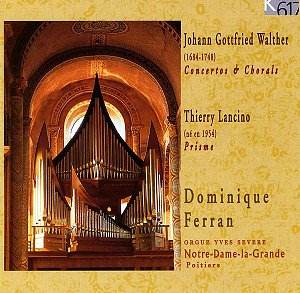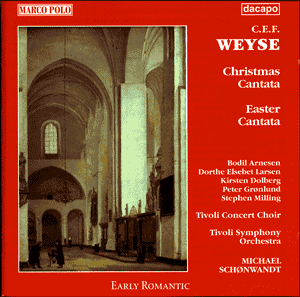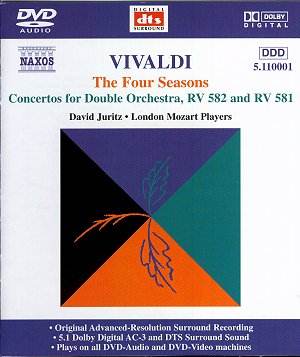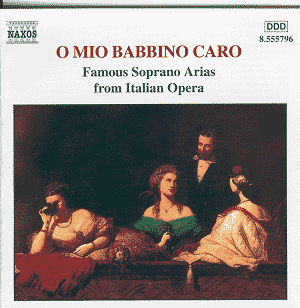 Composer: Thierry Lancino
Composer: Thierry Lancino
Works: Prisme
Performers: Dominique Ferran, organ
Recording: Yves Severe organ, Notre-Dame-la-Grande, Poitiers, March 1998
Label: K617090
Thierry Lancino, born in 1954, emerges as a compelling voice in contemporary organ music, with his work “Prisme” serving as a testament to his innovative approach. Commissioned for the inauguration of the new organ at Notre-Dame-la-Grande in Poitiers, this five-movement composition encapsulates the essence of modern organ writing, both in its structure and its sonic exploration. Lancino’s work can be seen as a response to the rich tradition of organ music, while simultaneously pushing the boundaries of timbre and texture, evoking a spectrum of emotional landscapes.
Dominique Ferran’s performance breathes life into “Prisme,” articulating its intricate layers with clarity and precision. The opening movement is particularly noteworthy for its abrasive, see-sawing sonorities that demand both technical skill and interpretive insight. Ferran navigates this challenging terrain with agility, creating an atmosphere that is at once agitated and introspective. The organ’s registrations, particularly the reed stops, are employed deftly, adding a visceral quality to the music that resonates with the listener.
The second movement unfolds with a reflective complexity, characterized by a thoughtful interplay of light and shadow. Ferran’s touch is sensitive, allowing the music’s subtleties to emerge without losing its structural integrity. This movement serves as a contemplative interlude, contrasting sharply with the more glassy and winsome texture of the third movement. Here, the fluidity of Lancino’s writing is matched by Ferran’s exquisite command of the instrument, as he navigates the delicate balance between color and form. The final movement culminates in a broad affirmation, showcasing the organ’s full capabilities and Ferran’s dynamic range. The transitions between the movements are executed seamlessly, demonstrating a deep understanding of the work’s architectural intentions.
From a recording perspective, the technical quality of the K617 label is commendable. The engineering captures the rich sonority of the Yves Severe organ, allowing each registration to resonate fully within the acoustic space of Notre-Dame-la-Grande. The clarity of the recording aids in appreciating the intricate counterpoint and the nuanced registrations that define Lancino’s style. Ferran’s interpretative choices shine through, with a sound that feels both immediate and immersive.
In the broader context of contemporary organ music, “Prisme” stands out not only for its originality but also for its ability to engage with the historical lineage of the instrument. While some may draw comparisons to the works of composers like Messiaen or even the earlier innovations of Bach, Lancino carves his own path, infusing traditional techniques with modern sensibilities. Ferran’s performance is a worthy advocacy for this music, making a compelling case for Lancino’s place in the contemporary canon.
This recording of “Prisme” is a significant contribution to the organ repertoire, affirming both the composer’s vision and the performer’s artistry. Through careful interpretation and a keen ear for detail, Ferran offers a performance that not only honors the score but also invites the listener to explore the rich tapestry of sound that defines Lancino’s work. As a result, this album is not merely an addition to the discography of modern organ music but a critical exploration of its potential, resonating with both historical depth and contemporary relevance.



